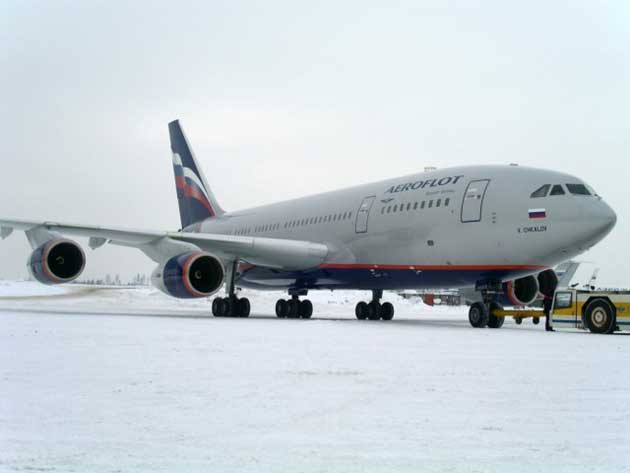The Analyst: For healthy stocks, follow the Bear

Your support helps us to tell the story
From reproductive rights to climate change to Big Tech, The Independent is on the ground when the story is developing. Whether it's investigating the financials of Elon Musk's pro-Trump PAC or producing our latest documentary, 'The A Word', which shines a light on the American women fighting for reproductive rights, we know how important it is to parse out the facts from the messaging.
At such a critical moment in US history, we need reporters on the ground. Your donation allows us to keep sending journalists to speak to both sides of the story.
The Independent is trusted by Americans across the entire political spectrum. And unlike many other quality news outlets, we choose not to lock Americans out of our reporting and analysis with paywalls. We believe quality journalism should be available to everyone, paid for by those who can afford it.
Your support makes all the difference.I last reviewed the Neptune Russia & Greater Russia Fund towards the end of May. Since then it has dropped more than 40 per cent, so I felt I owed you an explanation of why that happened and where we are now. The fund manager, Robin Geffen, has recently been visiting companies in Moscow and I've spoken to him on several occasions, so this is an opportune time to update you.
First, some background. The Russian stock market has fallen sharply, for a number of reasons; chief among them are the falls in the oil price and commodities generally. Other major factors were the problems surrounding Mechel, which was accused by the government of charging higher prices to Russians than to foreigners, raising fears of state interference. That problem now appears resolved, but investors were spooked further by the conflict with Georgia in South Ossetia.
For there to be a serious problem for Russian oil companies, the price of crude would have to fall below $55 per barrel. I do not believe this is a realistic possibility in the foreseeable future. I don't want to get into the politics of the Georgian conflict, but its effect on the Russian economy will be virtually non-existent.
The international banking crisis has had no direct detrimental effect on Russia. It would be fair to say that their banking system is relatively primitive by US, European and Japanese standards. The three big Russian banks (Sberbank, VTB Bank and Gazprom Bank) have no problems. Don't forget also that Russia has the third-largest sovereign wealth fund in the world, so capital liquidity is not a problem. The Russian economy remains strong, with 8 per cent GDP growth in the first half of 2008.
Russian companies have little debt and, generally, what they do have is more than covered by their existing cash. Capital expenditure plans have not been affected by the troubles in global markets and in some cases are being increased. This is a very different story to the one you would hear from firms in the UK, Europe, USA and Japan.
Mr Geffen visited a range of his biggest holdings, including Polyus Gold, the largest gold company in Russia. It has achieved 20 per cent growth in refined gold production over the first six months of this year; most gold companies are experiencing a fall in output. Aeroflot, Russia's flagship airline, has solid cash flow and a programme of rapid fleet modernisation over the next three to five years.
WimmBillDann, the leading dairy food company in Russia, grew its earnings by 25 per cent over the first half of the year despite the significant headwind of rising milk prices. Gazprom, Russia's largest company, remains in excellent shape and continues to benefit from rising gas prices and is spending money to increase production of liquid natural gas. Finally, Uralkali (a potash company) is showing record corporate profits and will probably pay a special dividend, and with a price to earnings ratio half that of its peers it looks compelling value.
This gives an indication that the picture is still healthy at the level of individual stocks. At current levels, the RTS Index is on a valuation of just four times next year's earnings; the average for emerging markets is more like 10 to 12, so it looks extremely cheap.
As we have seen, Russia is far from immune to swings in sentiment and the oil price will continue to exert significant influence on the stock market. However, compared to Western markets it looks to be in rude health and any problems are surely already reflected in the price. I believe Russia offers compelling value providing investors can remain patient and are prepared to weather the volatility.
Adventurous investors may want to consider a small investment in this high-risk, high-potential market. If you already have some and are sitting on losses, you could average down and buy some more on days when the market has fallen. I remain confident that an investment in the Neptune Russia and Greater Russia fund will reward long-term investors.
Mark Dampier is the head of research at Hargreaves Lansdown, the asset manager, financial adviser and stockbroker. For more information about the funds included in this column, visit www.h-l.co.uk/independent
Join our commenting forum
Join thought-provoking conversations, follow other Independent readers and see their replies
Comments